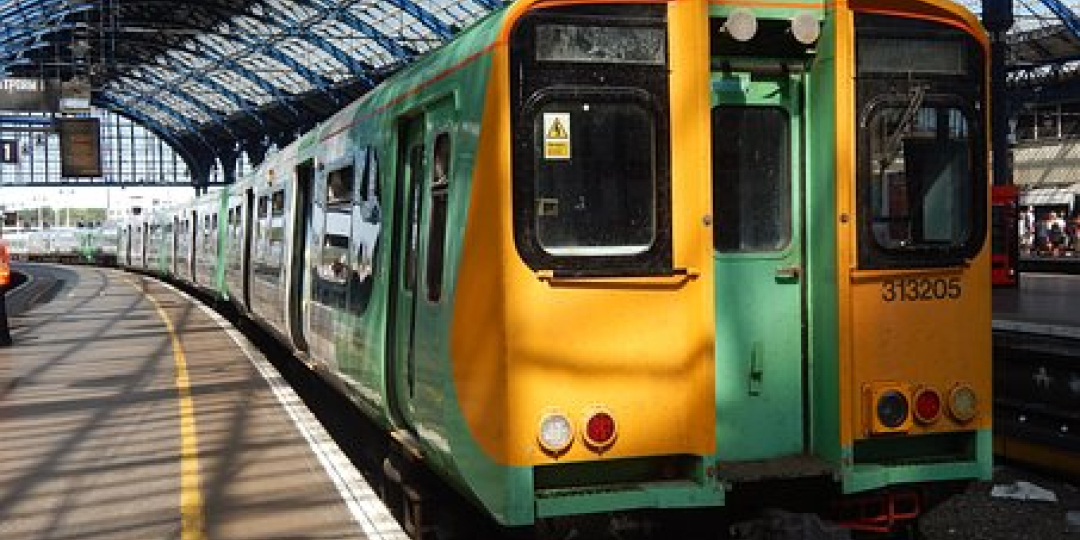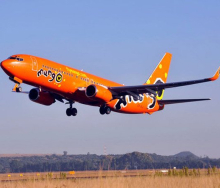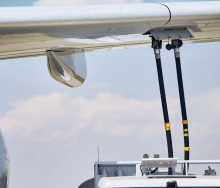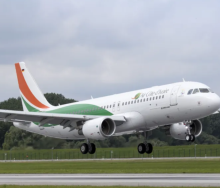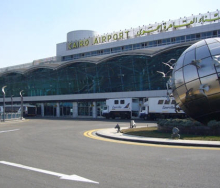Britain has been hit by the worst set of ongoing rail strikes in 40 years, with fresh nationwide strikes set to carry on this month, according to local press.
Thousands of Network Rail workers from the Transport Salaried Staffs’ Association (TSSA) union will strike from November 3-9, along with other train companies, The Telegraph reports. London Underground and Overground members will then strike on November 10.
On November 3, 5, 7, and 9, only 20% of normal rail services are expected to run in Britain. All rail services are likely to be affected.
Recently, the RMT union openly accused Network Rail negotiators of going back on a deal made with the union, calling the move a dramatic U-turn where “Network Rail bosses reneged on their promises of an improved pay offer and sought to impose job cuts, more unsocial hours and detrimental changes to rosters”.
Network Rail disputes the allegation.
“On the one hand, they were telling our negotiators that they were prepared to do a deal while planning to torpedo negotiations by imposing unacceptable changes to our members’ terms and conditions. Our members are livid with these duplicitous tactics, and they will now respond in kind with sustained strike action,” warns Mick Lynch, General Secretary of RMT.
The train operating companies affected by the strikes are Chiltern Railways, Cross Country Trains, Greater Anglia, LNER, East Midlands Railway, c2c, Great Western Railway, Northern Trains, Southeastern Railway, South Western Railway, TransPennine Express, Avanti West Coast, West Midlands Trains and GTR (including Gatwick Express).
Network Rail negotiator Tim Shoveller says: “A two-year 8% deal, with discounted travel and a new extended job guarantee to January 2025, is on the table ready to be put to our staff. Unfortunately, the leadership of RMT seem intent on more damaging strikes rather than giving their members a vote on our offer.”
“This is incredibly disappointing. Through no fault of their own, millions of people will once again have their day-to-day lives disrupted and be unable to attend work, school or vital doctor’s appointments. Our railway is in desperate need of modernisation but all more strikes will do is take it back to the dark ages and push passengers further away,” said a Department for Transport spokesperson. “We urge union bosses to reconsider this divisive action and instead work with employers, not against them, to agree a new way forward.”
